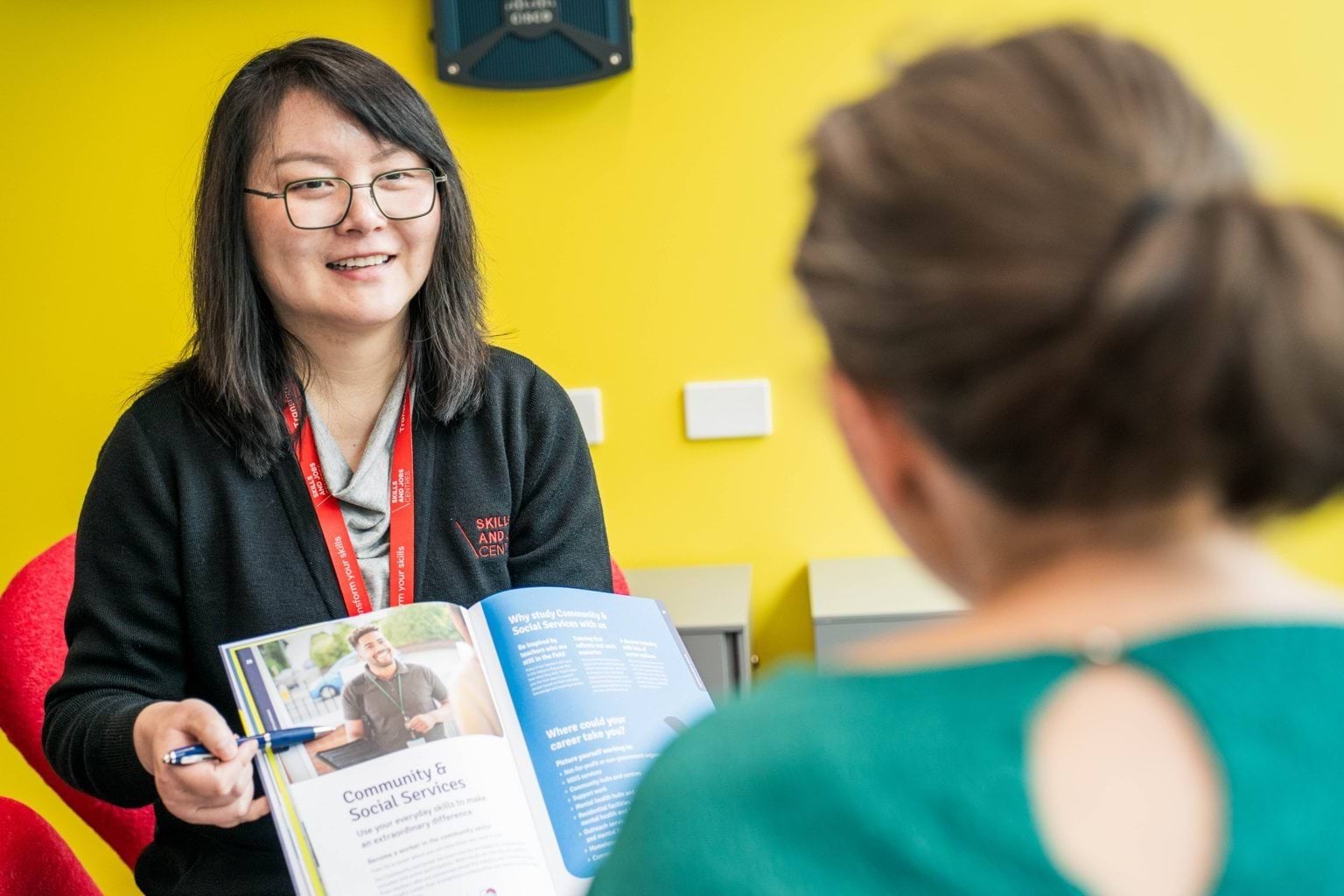
TAFE disability transition support
Senior secondary school students who have a disability, and who are looking to enrol in a TAFE course as the next step in their education, can get support to help with enrolling and studying at TAFE.

Literacy, Numeracy and Digital Support
Extra support with reading, writing, speaking, listening and maths at TAFE

Support for apprentices and trainees
Apprenticeships Victoria offers dedicated support for apprentices and trainees through the Apprentice Employee Assistance Program, Helpdesk, Support Officers and more.

Asylum Seeker VET program
The Asylum Seeker VET program provides asylum seekers with an exemption from the usual citizenship and residency criteria required for Skills First-funded training in Victoria.

Reconnect program
Reconnect is designed to support Victorians experiencing disadvantage.

Raising Expectations program
The Raising Expectations program aims to increase the access and success of young people in out-of-home care and care leavers in post-secondary education.

Youth Access Initiative
A program helping young people with care or youth justice experience, and those in Education First Youth Foyers, access vocational education and training with tuition fees waived under Skills First.
Updated